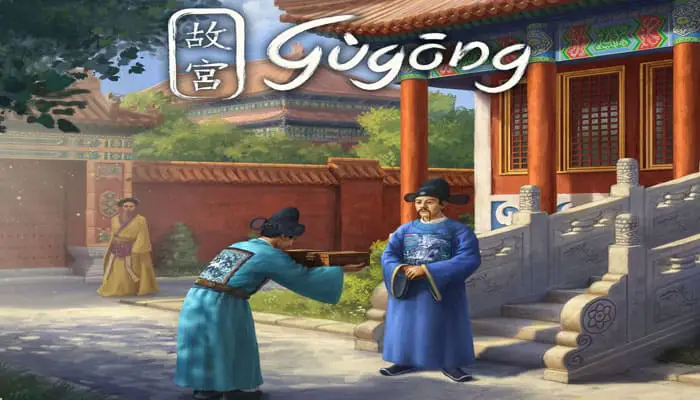China, 1570. China is under the reign of the Longqing Emperor, of the Ming Dynasty. His father, the Jiajing Emper- or, reigned for many years of the empire, and though a diligent man, he was also a known for being cruel, and more concerned with his own interests than those of the country.
Whoever opposed him usually did not survive long. His long reign did usher in a period of certain stability, but his antics left the country in a in a really poor state, marred by incessant corruption.
The Longqing Emperor, unlike his father, resided in the Forbidden City, now called Gugong ("Imperial Palace", or "Former Palace"), which was the seat of many emperors under the Ming Dynasty. Constructed from 1406 to 1420, the formidable complex consists of 980 buildings and covers 72 ha (over 180 acres).
The Longqing Emperor set out to reform the government by bringing back some of the talented officials that were previously banished by his father, hoping to bring back honour and stability to his reign.
It is also in this period that the Great Wall of China was rebuilt, fortified and expanded, as China was under heavy attack from the Mongols, so protecting its borders was paramount, and the Great Wall played a key role in its defence.
Despite being punishable by death, corruption was a major problem in the empire, and the Emperor did all he could to eradicate it. This seemed successful, but as we all know, it is not so simple to keep perfect control over one's "loyal" subjects.
At the imperial court, the highest officials would pretend to uphold the ban on corruption, and instead of simply accepting money, a new custom saw the light of day: the exchange of gifts. If a petitioner visited an official to present a request, they would also present a gift. And naturally, the official would return the honor by presenting a gift in return.
If the gift of the petitioner was something quite valuable, like, say, a Jade statue, and the return gift from the official was a cheap paper fan, it was hard to regard this as an act of bribery. However, both knew very well how valuable the symbolism of said item could be ...
"Gugong" uses this extraordinary custom as its basis. The players take on the role of powerful Chinese fami- lies trying to gain influence and power by bribing certain officials responsible for certain tasks, by exhanging suitable gifts, over the course of 4 days. Players will gather victory points this way, and the player with the most victory points wins the game. But beware: you must above all try and obtain an audience with the emperor himself. If you fail to do so, all your efforts will have been in vain.
Gùgōng uses this extraordinary custom as its basis. Players take on the role of powerful Chinese families trying to gain influence and power by exchanging gifts with Officials.
The gift cards you offer as a player have to be of a higher value than the one you receive, forcing you to make strategic choices regarding which actions you want to take each turn.
You will travel around China, sail down the Grand Canal, purchase precious jade, help construct the Great Wall, secure advantages through decrees, influence the game through intrigue, and ultimately, receive an audience with the emperor. If only 1 player succeeds in doing so, he wins. If several players succeed, the player with the most VPs among those players wins the game.




